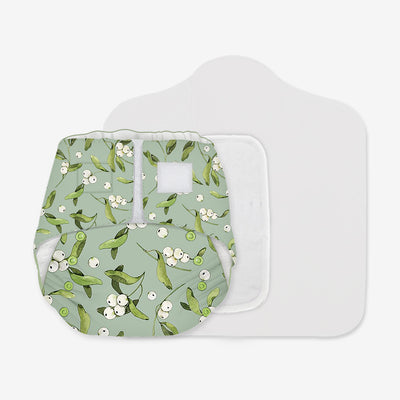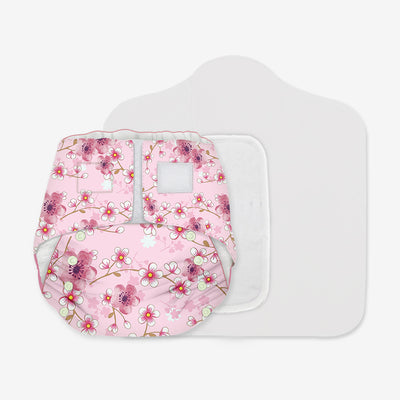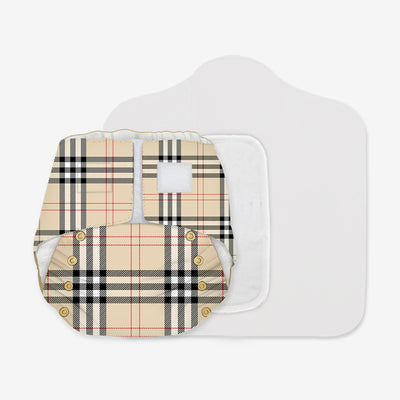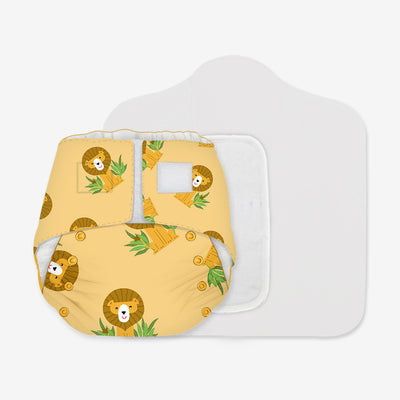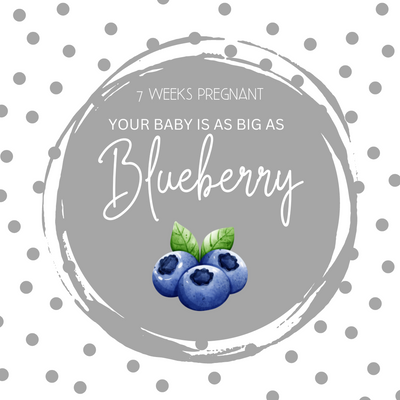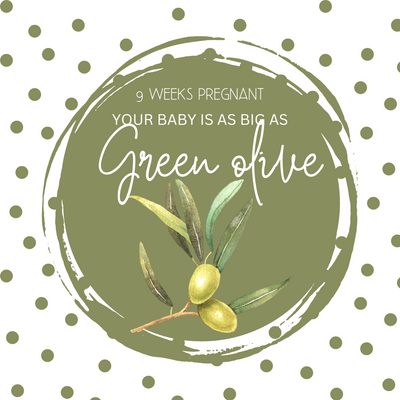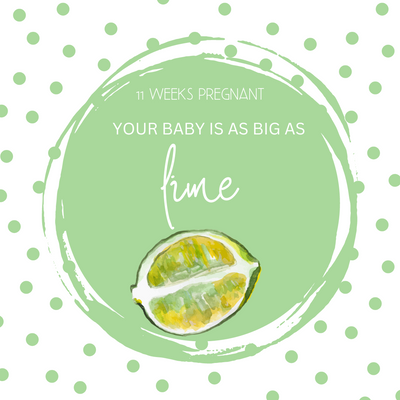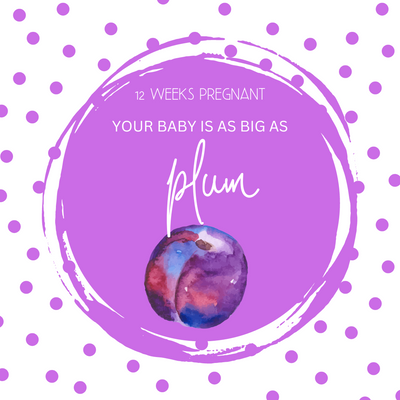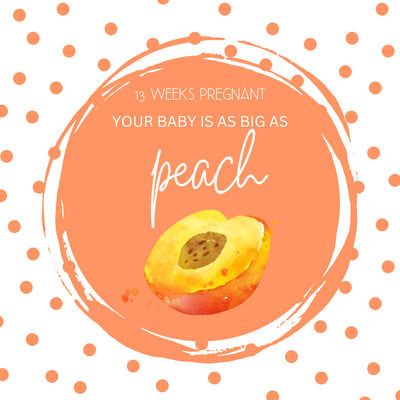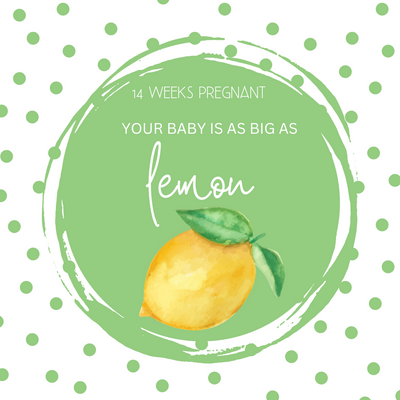40 Weeks Pregnant-The Final Milestone of Your Beautiful Journey

Reaching the 40th week of pregnancy is an incredible accomplishment, as you are now in the final stages of your pregnancy journey. At this point, you're probably experiencing a mix of excitement and anticipation as you await the arrival of your little one. In this blog post, we will explore various aspects of being 40 weeks pregnant, including the duration of pregnancy, common symptoms, your baby's development, physical changes in your body, and important considerations for this stage.
How Many Months Is 40 Weeks Pregnant?
Congratulations! At 40 weeks pregnant, you have made it to full term. Although pregnancy is often measured in months, it is important to note that 40 weeks equates to around nine months and one week. This duration is calculated from the first day of your last menstrual period (LMP) and provides a general estimate for the gestational period.
40 Weeks Pregnant: Your Symptoms:
As you approach the end of your pregnancy, you may experience a range of symptoms. It's important to keep in mind that each woman's pregnancy journey is unique and may vary in experiences and symptoms. Some common symptoms at 40 weeks pregnant may include:
Braxton Hicks Contractions: These irregular contractions help prepare your body for labor. They can be uncomfortable but usually subside with time.
Increased Discomfort: As your baby continues to grow, you may experience increased pressure on your bladder, leading to more frequent trips to the bathroom. Backaches, pelvic pain, and swollen feet are also common.
Difficulty Sleeping: Finding a comfortable sleeping position may become increasingly challenging as your belly grows. Pregnancy pillows and relaxation techniques can help alleviate discomfort.
Nesting Instincts: Many expectant mothers feel a surge of energy and an urge to organize and prepare for the baby's arrival.
40 Weeks Pregnant: Your Baby's Development:
At 40 weeks pregnant, your baby is fully developed and ready to enter the world. Some key developmental milestones at this stage include:
Size and Weight: Your baby's size can vary, but the average weight is around 7 to 8 pounds (3.2 to 3.6 kilograms), and the length is approximately 19 to 21 inches (48 to 53 centimeters).
Vernix and Lanugo: Most of the downy hair (lanugo) that covered your baby's body has disappeared, and the protective vernix caseosa has reduced significantly.
Organs and Systems: By now, your baby's organs and systems are fully functional, including the digestive, respiratory, and circulatory systems.
Positioning: Your baby may have settled into a head-down position in preparation for birth. However, it's important to remember that some babies may still change positions before labor.
How Does the Belly Change at 40 Weeks Pregnant?
At 40 weeks pregnant, your belly has likely reached its maximum size. It may appear lower as your baby settles into your pelvis, preparing for labor. You may also notice your belly button protruding or even popping out due to the pressure exerted by your growing uterus. Additionally, you might observe stretch marks becoming more prominent on your abdomen.
What Can You Expect Your Body to Look Like at 40 Weeks Pregnant?
Your body has undergone incredible changes throughout your pregnancy, and at 40 weeks pregnant, you may notice the following physical changes:
Weight Gain: On average, women gain between 25 to 35 pounds (11 to 16 kilograms) during pregnancy. However, weight gain varies for each individual, and it's essential to consult your healthcare provider regarding your specific situation.
Swollen Extremities: Swelling in the hands, feet, and ankles is common at this stage. Elevating your feet, wearing comfortable shoes, and avoiding excessive sodium intake can help reduce swelling.
Linea Nigra: A dark line running down the center of your abdomen, known as the linea nigra, may be more prominent now. Don't worry, as it usually fades within a few months after delivery.
Breast Changes: Your breasts have likely increased in size and become more sensitive. They may also start producing colostrum, the first milk your baby will receive.
40 Weeks Pregnant: Things to Consider:
As you approach your due date, here are some important things to consider:
Communication with Healthcare Provider: Maintain regular contact with your healthcare provider, attending all scheduled appointments and discussing any concerns or changes in your condition.
Signs of Labor: Familiarize yourself with the signs of labor, such as regular contractions, your water breaking, or vaginal bleeding. Having an understanding of what to expect during this stage can provide you with valuable information to make informed decisions.
Birth Plan: Consider creating a birth plan, outlining your preferences for labor and delivery. Discuss this plan with your healthcare provider and ensure that your support team is aware of your wishes.
40 Weeks Pregnant: Your Checklist:
To ensure you're fully prepared for the arrival of your little one, consider the following checklist:
Hospital Bag: Pack a bag with essential items for yourself and your baby, including comfortable clothing, toiletries, and necessary paperwork.
Car Seat Installation: Install a rear-facing car seat in your vehicle to safely transport your baby home from the hospital.
Support System: Ensure that your support system is in place, including partners, family members, or friends who will assist you during labor and the early postpartum period.
Baby Essentials: Stock up on baby essentials such as diapers, wipes, clothing, and bedding.
Reaching the 40th week of pregnancy is an exciting and transformative milestone. As you prepare to welcome your little one, it's essential to be aware of your symptoms, your baby's development, and the changes happening in your body. By staying informed and seeking guidance from your healthcare provider, you can approach the final weeks of pregnancy with confidence and excitement, knowing that the arrival of your precious baby is just around the corner.





